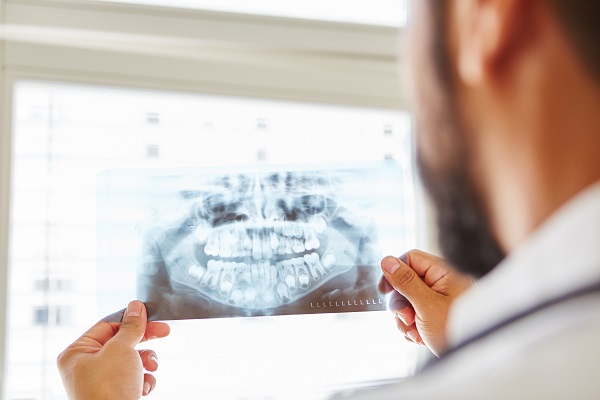What Is Maxillofacial Surgery?

Maxillofacial surgery treats issues related to oral health; this includes addressing functional and cosmetic concerns as well. Maxillofacial surgeons go through extensive education and training and choose to specialize in treating more advanced dental concerns that require surgical intervention to properly address.
Maxillofacial surgery: here is what you need to know
Maxillofacial surgery may be necessary to treat more severe oral health problems. The following review discusses maxillofacial surgery, including an explanation of what it is, the different types of surgeries, its safety, and more.
Maxillofacial surgery explained
It may seem like a complex term, but maxillofacial surgery simply refers to surgery related to the lower part of the face (like the jaw, teeth, gums, etc.). In fact, the term “maxilla” means jawbone in Latin, so maxillofacial is a way of describing the jaw and surrounding facial areas, including teeth. A maxillofacial surgeon is a dental specialist who can surgically treat a range of dental-related matters.
The different types of maxillofacial surgeries
Maxillofacial surgery is a relatively broad term that includes a range of different surgery types. While the term “maxilla” technically refers to the jawbone, maxillofacial surgeons can treat issues related to teeth and soft tissues as well. Some of the more common types of surgical procedures that a maxillofacial surgeon may perform include:
- Dental implant placement
- Tooth extractions (including wisdom teeth)
- Oral reconstructive surgery
- Bone graft procedure
- Sinus lift procedure
- Jaw realignment
Of course, the above list includes only a few of the many possible procedures a maxillofacial surgeon may offer. Additional procedures may also include treatment for cleft palate, chronic facial pain, cancer (to remove a tumor), and more.
The safety and efficacy of maxillofacial surgery
Every surgical procedure has risks and requires recovery. Some of the risks are related to the anesthesia that is administered. Each procedure also has specific risks as well. However, maxillofacial surgery is safe overall, and severe complications are rare for most types of procedures.
The recovery process after maxillofacial surgery
As mentioned, most maxillofacial surgeries require recovery, which can take anywhere from a few days to more than a week depending on the type of procedure and its invasiveness. The oral surgeon should provide aftercare instructions to reduce the risk of an oral infection and make the recovery process as short and simple as possible.
When to consider maxillofacial surgery
After examination of dental X-rays and other diagnostic tests, a maxillofacial surgeon (or another type of dental professional) can explain all treatment options and their risks to the patient. Surgery may be the best option if non-surgical methods have not or are not able to help the patient meet their goals.
Maxillofacial surgery is a way to address a range of oral concerns
You can connect with our oral surgery team today by phone or message to set up a consultation visit. Whether you have a referral from your dentist for oral surgery or are considering maxillofacial surgery in general, we look forward to hearing from you and helping you achieve your treatment goals.
Request an appointment here: https://arroyogrande.centralcoastoms.com or call Wilson Oral Surgery at (805) 476-2567 for an appointment in our Arroyo Grande office.
Check out what others are saying about our services on Yelp: Read our Yelp reviews.
Related Posts
Implant dentistry involves teeth replacement with dental implants. One popular option within implant dentistry is an implant-supported bridge, which is ideal for replacing a section of missing teeth. The following review discusses everything you should know about an implant-supported bridge.Many are choosing implant dentistry for teeth replacement over a traditional fixed bridge and removable partial…
Implant dentistry involves the replacement of natural teeth after tooth loss occurs using titanium posts (known as dental implants) and the attachment of a restoration, such as a dental crown, dental bridge, or denture. A bone graft is often necessary before an implant dentistry procedure, particularly when there is not enough healthy bone inside the…
An implant dentist is a dental professional that offers dental implant restorations. Implant dentists often recommend dental implant restorations because of the benefits they offer that alternative solutions such as fixed bridges and removable dentures cannot provide.To help you decide if treatment may be right for you, this review discusses why implant restorations are so…
Oral surgery often requires sedation to keep you comfortable and relaxed during your treatments. Sedation dentistry reduces your sensitivity to pain; some forms can make you feel more relaxed during treatments. Oral sedatives might also be recommended for patients with dental anxiety.There are several types of sedation used in oral surgery, each catering to different…
